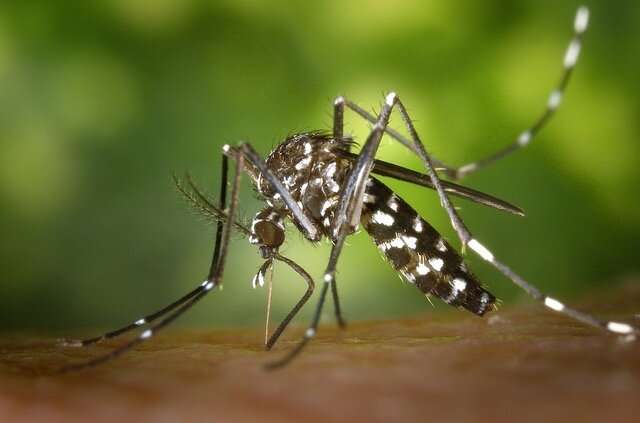
Dengue, Chikungunya, and Zika viruses have all been recorded in Mexico; however, recent diagnostic advances have improved the accuracy of serological testing. A study publishing December 2nd in PLOS Neglected Tropical Diseases by José Esteban Muñoz-Medina at the Mexican Institute of Social Security, Mexico, and colleagues suggests that current estimates of the incidence of arboviruses in Mexico may have been previously underestimated.
Chikungunya and Zika virus were first detected in Mexico in 2014 and 2015, respectively. However, diagnostic techniques used by the National Network of Public Health Laboratories focused solely on the detection of Dengue virus until 2017. Prior to implementation of the new technique, the true incidence of these 3 arboviruses, as well as the incidence of coinfections was unknown. To determine the incidence of Dengue, Chikungunya and Zika in endemic areas of Mexico, researchers conducted a cross-sectional study of 1038 serum samples used to confirm the diagnosis of Dengue, chikungunya, or Zika during the first three years of co-circulation of these arboviruses. The researchers reanalyzed the serum samples using a test that could identify any of the three viruses in a single reaction.
The researchers found 2.4 times the rate of arbovirosis as originally reported, including coinfections, suggesting underestimation of the incidence of the three viruses. However, future research is needed to provide up-to-date incidence estimates of each virus.
According to the authors, “The information generated in this study enriches the country with more precise epidemiological information on these arboviruses, which can help improve estimates of burden, morbidity and resource allocation, as well as providing information to design better diagnostic algorithms, given the possible scenario of new outbreaks or epidemics caused by these or other arboviruses that are currently circulating in the Americas”.
Source: Read Full Article
